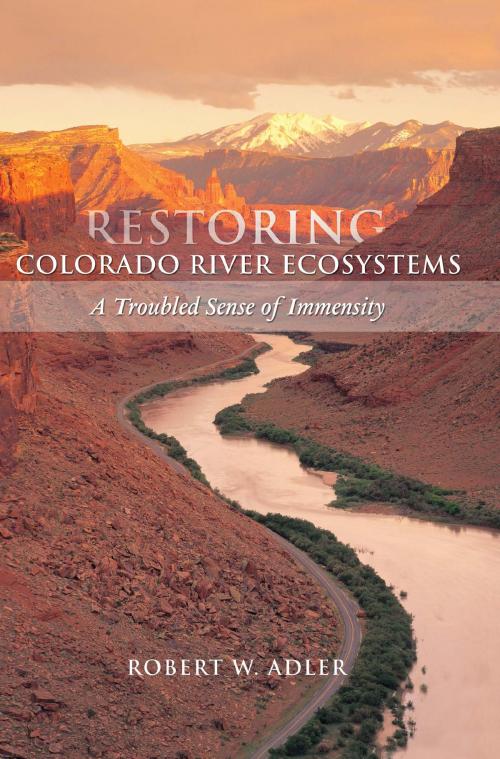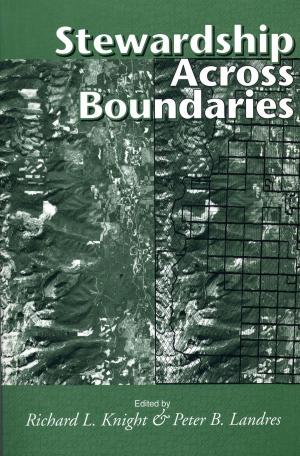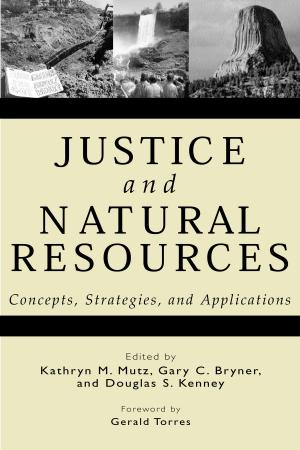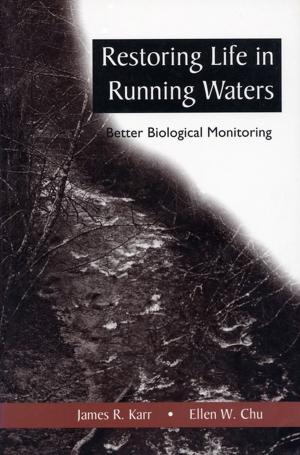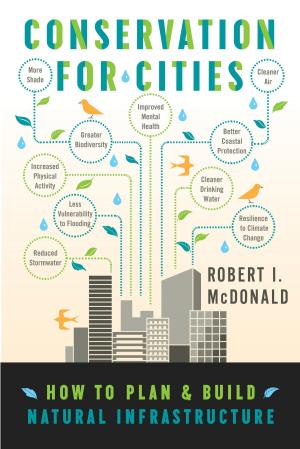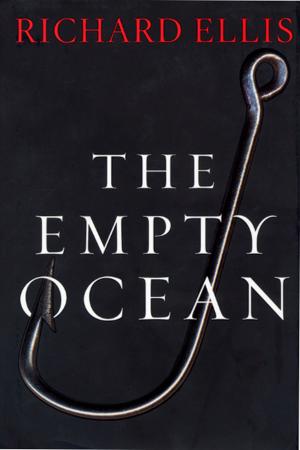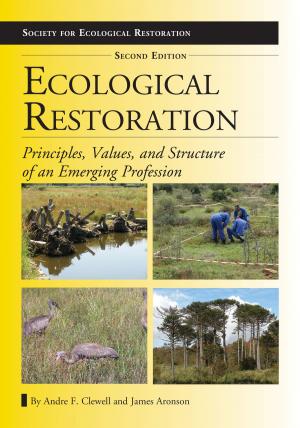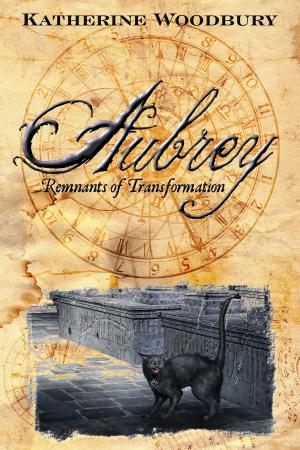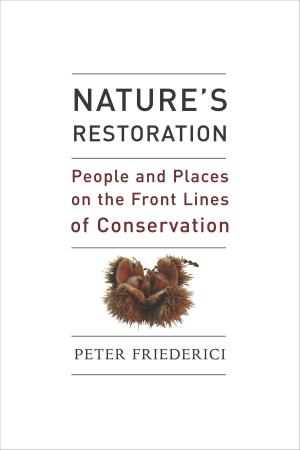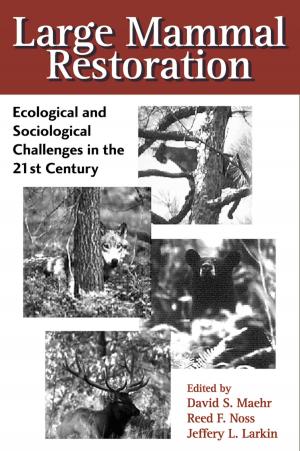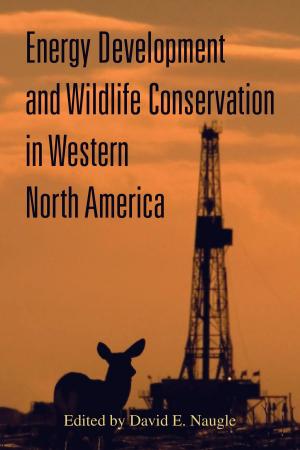Restoring Colorado River Ecosystems
A Troubled Sense of Immensity
Nonfiction, Science & Nature, Science, Biological Sciences, Ecology, Social & Cultural Studies, Political Science, Government, Public Policy| Author: | Robert W. Adler | ISBN: | 9781597267786 |
| Publisher: | Island Press | Publication: | June 22, 2012 |
| Imprint: | Island Press | Language: | English |
| Author: | Robert W. Adler |
| ISBN: | 9781597267786 |
| Publisher: | Island Press |
| Publication: | June 22, 2012 |
| Imprint: | Island Press |
| Language: | English |
Over the past century, humans have molded the Colorado River to serve their own needs, resulting in significant impacts to the river and its ecosystems. Today, many scientists, public officials, and citizens hope to restore some of the lresources in portions of the river and its surrounding lands. Environmental restoration on the scale of the Colorado River basin is immensely challenging; in addition to an almoverwhelming array of technical difficulties, it is fraught with perplexing questions about the appropriate goals of restoration and the extto which environmental restoration must be balanced against environmental changes designed to promote and sustain human economic development. Restoring Colorado River Ecosystems explores the many questions and challenges surrounding the issue of large-scale restoration of the Colorado River basin, and of large-scale restoration in general. Robert W. Adler evaluates the relationships among the laws, policies, and institutions governing use and managemof the Colorado River for human benefit and those designed to protect and restore the river and its environment. He examines and critiques the often challenging interactions among law, science, economics, and politics within which restoration efforts must operate. Ultimately, he suggests that a broad concept of “restoration” is needed to navigate those uncertain waters, and to strike an appropriate balance between human and environmental needs. While the book is primarily about restoration of Colorado River ecosystems, it is also about uncertainty, conflict, competing values, and the nature, pace, and implications of environmental change. It is about our place in the natural environment, and whether there are limits to that presence we ought to respect. And it is about our responsibility to the ecosystems we live in and use.
Over the past century, humans have molded the Colorado River to serve their own needs, resulting in significant impacts to the river and its ecosystems. Today, many scientists, public officials, and citizens hope to restore some of the lresources in portions of the river and its surrounding lands. Environmental restoration on the scale of the Colorado River basin is immensely challenging; in addition to an almoverwhelming array of technical difficulties, it is fraught with perplexing questions about the appropriate goals of restoration and the extto which environmental restoration must be balanced against environmental changes designed to promote and sustain human economic development. Restoring Colorado River Ecosystems explores the many questions and challenges surrounding the issue of large-scale restoration of the Colorado River basin, and of large-scale restoration in general. Robert W. Adler evaluates the relationships among the laws, policies, and institutions governing use and managemof the Colorado River for human benefit and those designed to protect and restore the river and its environment. He examines and critiques the often challenging interactions among law, science, economics, and politics within which restoration efforts must operate. Ultimately, he suggests that a broad concept of “restoration” is needed to navigate those uncertain waters, and to strike an appropriate balance between human and environmental needs. While the book is primarily about restoration of Colorado River ecosystems, it is also about uncertainty, conflict, competing values, and the nature, pace, and implications of environmental change. It is about our place in the natural environment, and whether there are limits to that presence we ought to respect. And it is about our responsibility to the ecosystems we live in and use.
